Will Wall Street's Recovery Undermine Germany's DAX Rally?
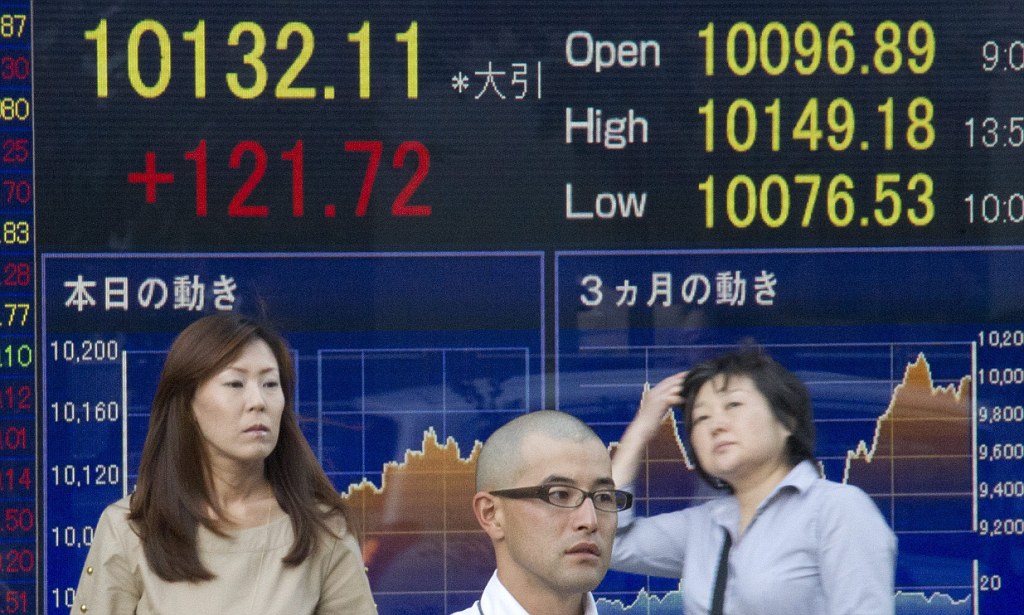
Table of Contents
The Interconnectedness of Wall Street and the DAX
The US and German stock markets, while geographically distinct, are deeply intertwined. Their historical correlation is undeniable, with global events often impacting both markets simultaneously. Geopolitical instability, interest rate hikes by central banks like the Federal Reserve, and shifts in global commodity prices all ripple across the globe, influencing investor sentiment and market performance in both the US and Germany.
-
Market Interdependence: A strong positive correlation typically exists between the performance of the DAX and major US indices like the S&P 500 and the Dow Jones Industrial Average. This reflects the global nature of modern finance and the interconnectedness of the global economy.
-
Impact of Global Events: Consider the impact of the 2008 financial crisis. The collapse of Lehman Brothers triggered a sharp downturn on Wall Street, which quickly cascaded into a significant decline in the DAX. Similarly, the COVID-19 pandemic initially caused a sharp drop in both markets, followed by a largely synchronized recovery.
-
Specific Examples:
- Example 1: The 2011 European sovereign debt crisis negatively impacted the DAX, even as Wall Street experienced a period of relative stability, highlighting that the correlation isn’t always perfectly mirrored.
- Example 2: The tech boom of the late 1990s saw both Wall Street and the DAX experience significant gains, driven by similar technological advancements and investor enthusiasm.
Analyzing Sector-Specific Performance
While overall market trends influence both Wall Street and the DAX, analyzing sector-specific performance provides a more nuanced picture. Comparing key sectors within the DAX to their US counterparts reveals differing strengths and weaknesses that can affect the overall correlation.
- Sectoral Comparisons:
- Automotive: The German automotive sector, a significant component of the DAX, is facing challenges related to electric vehicle transition and global supply chain disruptions. This contrasts with the more diversified US automotive industry, which also includes tech-focused players.
- Technology: While US tech giants dominate the global landscape, the German technology sector includes strong players in specific niches, particularly in industrial automation and software. Their performance may not always perfectly mirror the fluctuations of their US counterparts.
- Chemicals: The German chemical industry is a significant exporter, making it vulnerable to global economic fluctuations and energy price volatility. This creates a distinct sensitivity compared to the more domestically focused aspects of the US chemical sector.
The Role of Macroeconomic Factors
Macroeconomic indicators significantly influence investor sentiment and market performance in both the US and Germany. Inflation, interest rates, and energy prices are particularly relevant factors to consider.
-
Inflation's Impact: Rising inflation erodes purchasing power and can lead to decreased consumer spending and investor uncertainty, potentially impacting both markets negatively.
-
Interest Rate Changes: Interest rate hikes by central banks, aimed at controlling inflation, can increase borrowing costs for businesses and consumers, potentially slowing economic growth and impacting stock market performance. The Federal Reserve's actions particularly impact the US market but also ripple globally.
-
Energy Prices: Volatile energy prices, especially given Germany's reliance on energy imports, can severely impact investor confidence and economic growth in Germany, potentially decoupling its market performance from a relatively less energy-sensitive US market.
Potential Scenarios and their Implications
Several scenarios could unfold regarding the relationship between Wall Street's recovery and the DAX's performance.
-
Scenario 1: Continued Wall Street Rally: A sustained positive trend on Wall Street would likely support the DAX, reinforcing the existing correlation and potentially boosting investor confidence in European markets.
-
Scenario 2: Wall Street Correction: A significant downturn on Wall Street would likely exert downward pressure on the DAX, reflecting the interconnectedness of the global markets and potentially triggering a sell-off in German equities.
-
Scenario 3: Market Decoupling: Several factors could lead to a decoupling, including diverging economic policies, sector-specific performance differences (for example, a strong German green energy sector might decouple from a lagging US fossil fuel sector), or unexpected geopolitical events. This would make predicting the DAX's behavior based solely on Wall Street's performance less reliable.
Conclusion: Will Wall Street's Recovery Continue to Impact the DAX?
The relationship between Wall Street's recovery and the DAX's performance is complex and multifaceted. While a strong correlation generally exists, sector-specific performance and macroeconomic factors play crucial roles in shaping the relationship. While a continued Wall Street rally could support the DAX, a correction could trigger a decline. The possibility of a decoupling highlights the need for a nuanced analysis beyond simple correlation. To understand the full picture, one must consider the interplay between macroeconomic indicators, sector-specific performance differences, and the ever-present influence of global events. Keep an eye on the DAX, understanding the interplay between Wall Street and the DAX is crucial for navigating the complexities of the global market. Follow the DAX and Wall Street correlation closely to make informed investment decisions.

Featured Posts
-
 Leeds Make Contact Kyle Walker Peters Transfer Latest
May 24, 2025
Leeds Make Contact Kyle Walker Peters Transfer Latest
May 24, 2025 -
 Jordan Bardella Leading The French Election Opposition
May 24, 2025
Jordan Bardella Leading The French Election Opposition
May 24, 2025 -
 Get Your Bbc Radio 1 Big Weekend Tickets Everything You Need To Know
May 24, 2025
Get Your Bbc Radio 1 Big Weekend Tickets Everything You Need To Know
May 24, 2025 -
 French Lawmakers Seek Posthumous Promotion For Dreyfus A Symbolic Gesture Of Justice
May 24, 2025
French Lawmakers Seek Posthumous Promotion For Dreyfus A Symbolic Gesture Of Justice
May 24, 2025 -
 Egyeduelallo Porsche F1 Motor A Koezuton
May 24, 2025
Egyeduelallo Porsche F1 Motor A Koezuton
May 24, 2025
Latest Posts
-
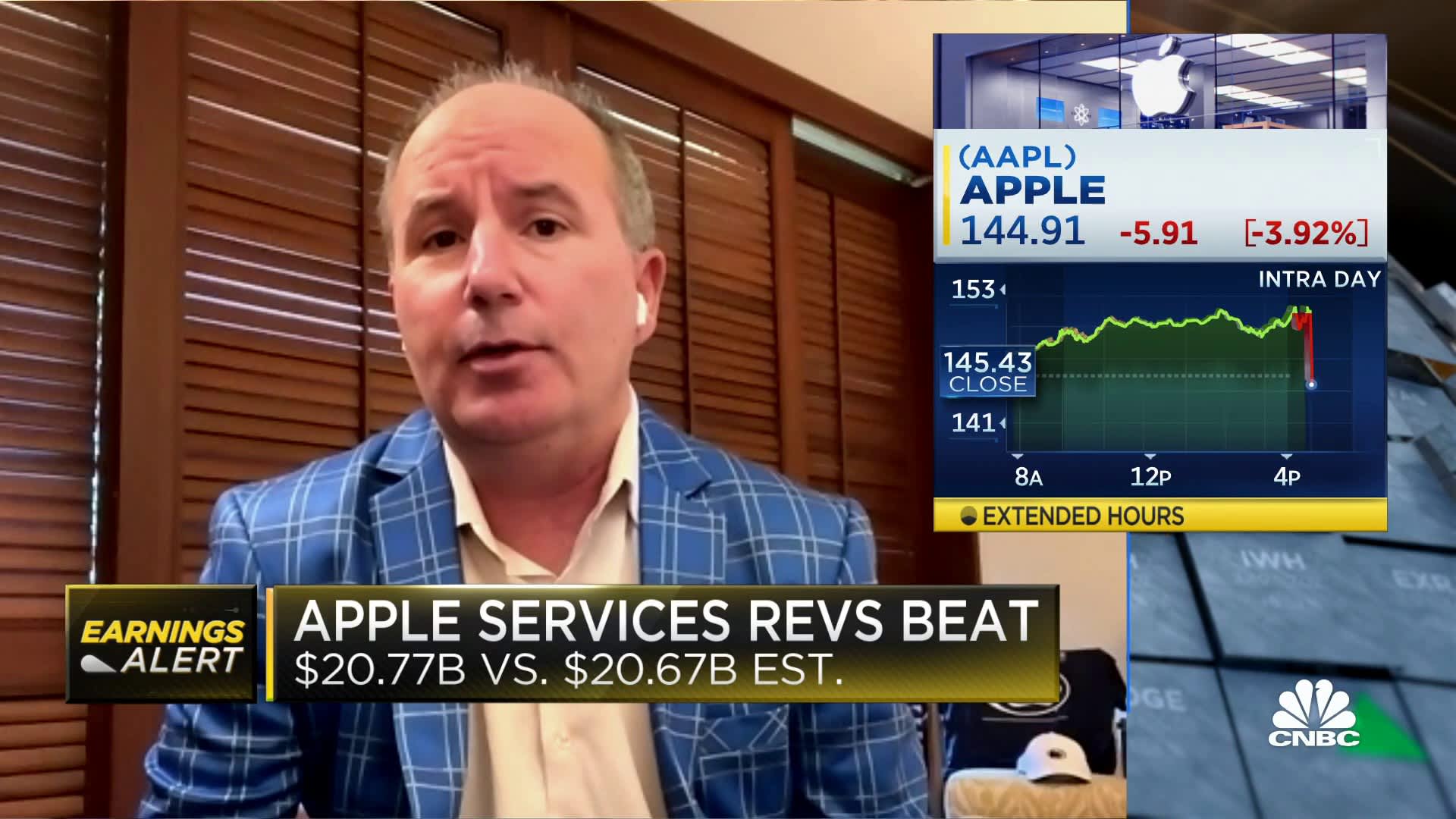 Apple Price Target Cut Wedbushs Positive Long Term View And What It Means For Investors
May 24, 2025
Apple Price Target Cut Wedbushs Positive Long Term View And What It Means For Investors
May 24, 2025 -
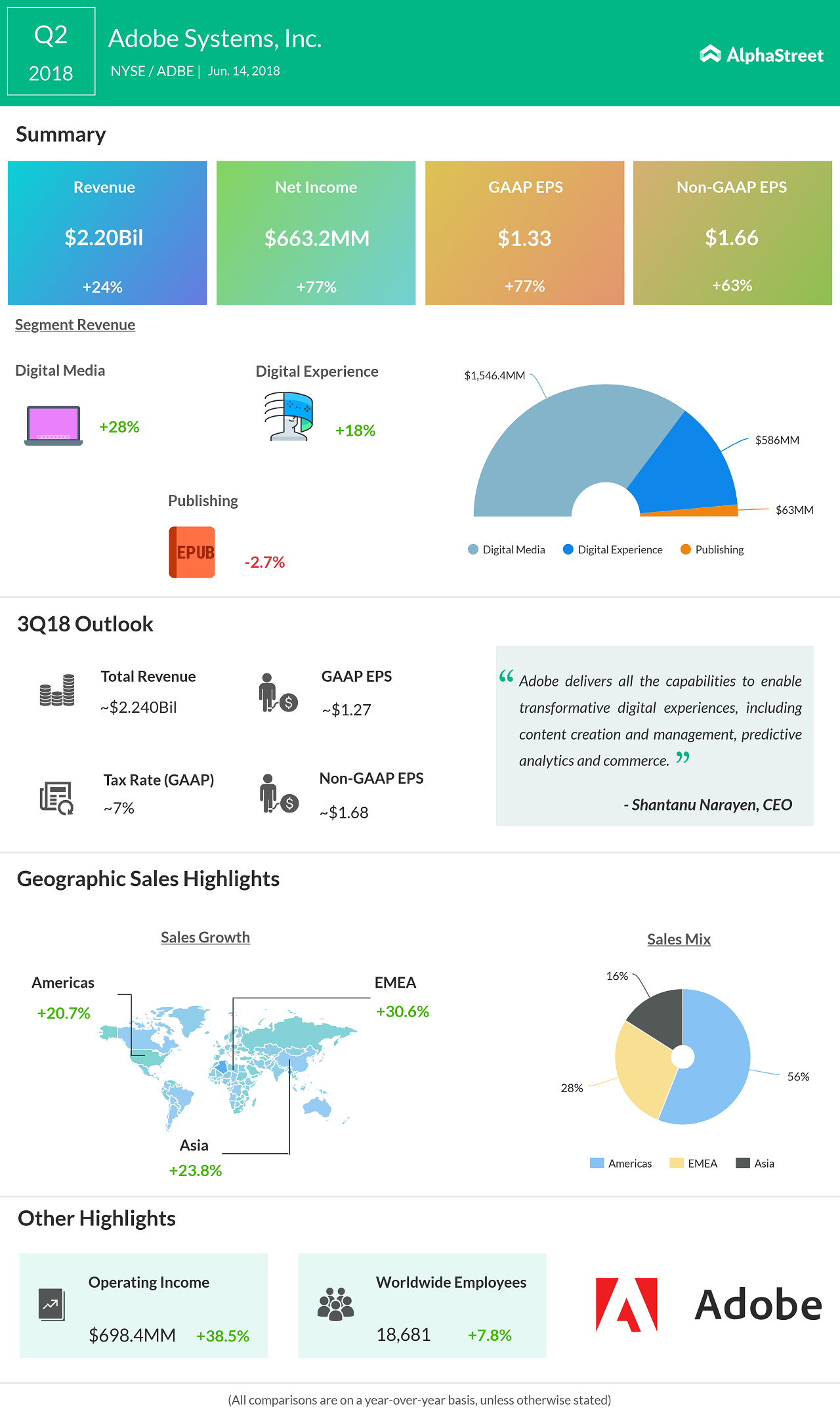 Apple Stock Q2 Results A Detailed Analysis For Investors
May 24, 2025
Apple Stock Q2 Results A Detailed Analysis For Investors
May 24, 2025 -
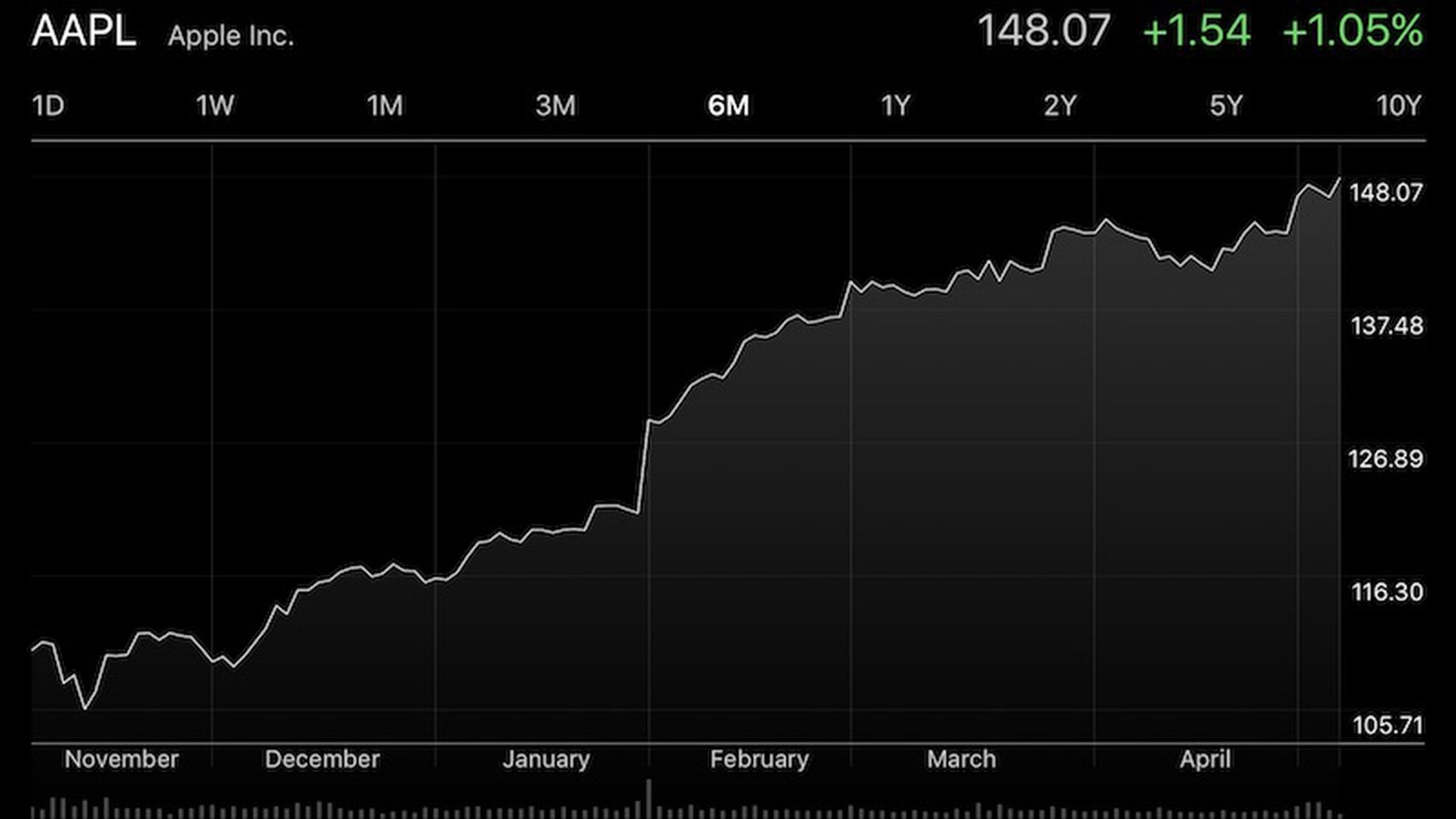 Apple Stock Under Pressure Ahead Of Q2 Results
May 24, 2025
Apple Stock Under Pressure Ahead Of Q2 Results
May 24, 2025 -
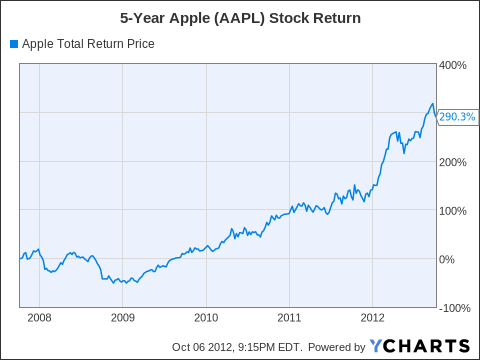 Investing In Apple Stock Is It A Good Buy After Q2
May 24, 2025
Investing In Apple Stock Is It A Good Buy After Q2
May 24, 2025 -
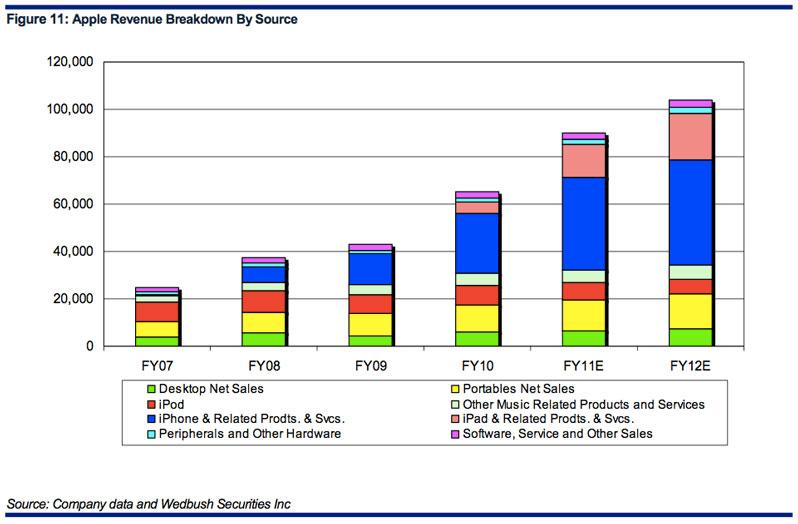 Should You Follow Wedbushs Lead On Apple Stock Despite Price Target Cut
May 24, 2025
Should You Follow Wedbushs Lead On Apple Stock Despite Price Target Cut
May 24, 2025
